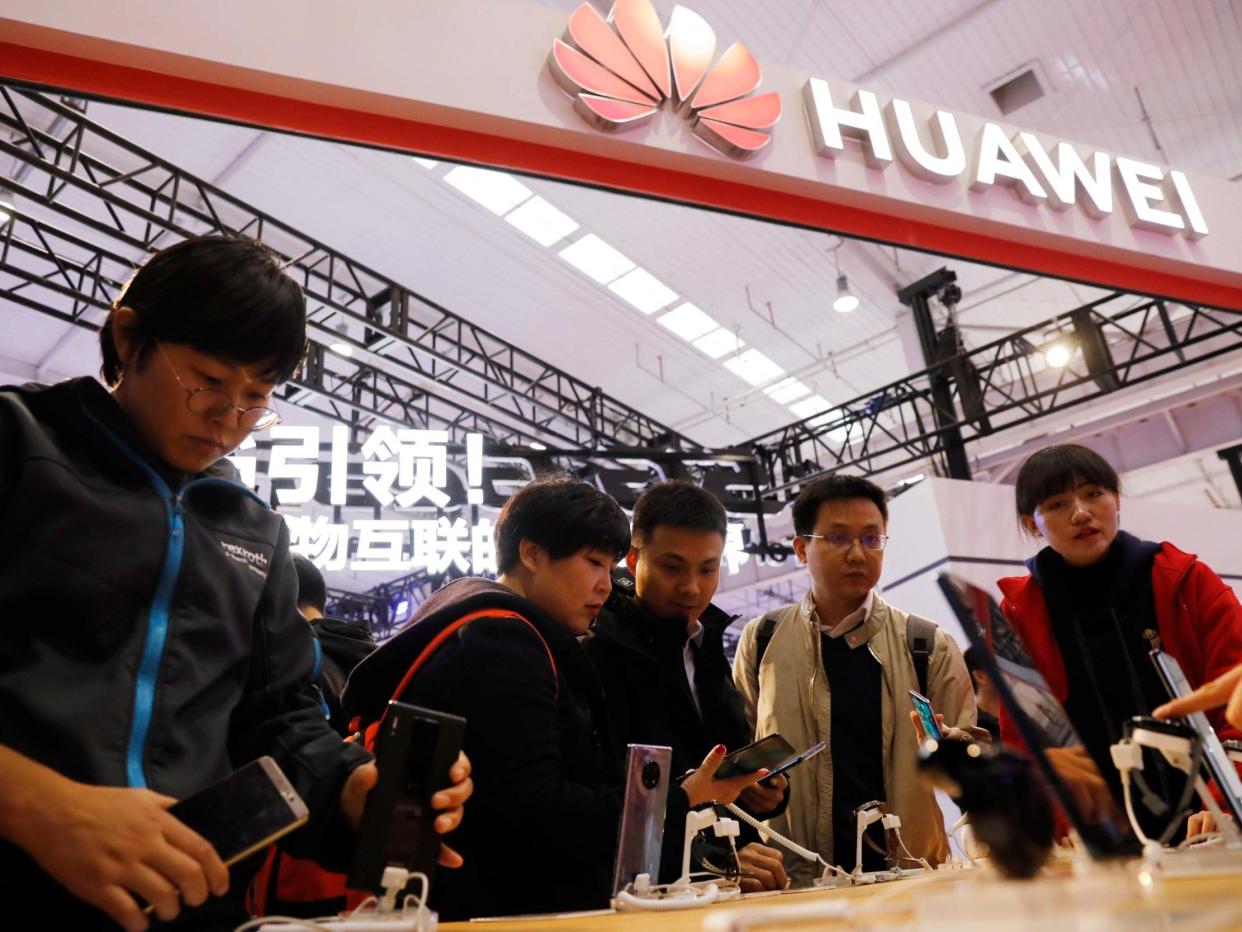New phone users must now have their faces scanned and photos stored by state in China

People in China must have their faces scanned when they buy a new mobile phone or internet data services in what is being seen as part of increasing efforts by the state to monitor its citizens.
The new regulation, due to come into effect on Sunday, has prompted rising concerns over privacy, with hundreds of social media users expressing fears about the increasing amount of data being held.
Phone and data buyers will have their photograph taken, which will be checked against identity information held on them online for a match.
Residents are also being banned from transferring their mobile numbers to other people.
The government says it wants to “safeguard the legitimate rights and interests of citizens in the cyberspace” and to control phone and online fraud for China’s 854 million internet users, most of whom access the web via their phones.
But Jeffrey Ding, a researcher on Chinese artificial intelligence at Oxford University, told the BBC that a likely motivation was to better track the population.
“It’s connected to a very centralised push to try to keep tabs on everyone, or that’s at least the ambition,” he said.
“People are being more and more strictly monitored,” one user of the Sina Weibo website said. “What are they [the government] afraid of?”
Many others complained that China had already seen too many data breaches. “Before, thieves knew what your name was; in future they’ll know what you’ll look like,” said one user, receiving more than 1,000 likes.
“Control, and then more control,” another posted.
One user said they often received scam calls from people who knew their name and address, and asked: “Will they be able to tell what I look like now?”
But some were more supportive of the new rule, saying it was simply “technological progress”.
The government is developing a “social credit” a vast ranking system of all the country’s 1.4 billion citizens on their behaviour and loyalty to the Communist party.
The plan, which has already started in some cities, leads to lower scores for blocking the pavement, fare evasion, and even loitering. Punishments for having a low social credit score include being banned from public transport, having your internet speed cut and being publicly shamed.
In 2013 mobile phone users started having to have a national identity check and photo taken to get a new number. The new facial-recognition step will match the photo against the person’s stored ID.
Many countries require some form of ID to sign up for mobile phone contracts but the facial-recognition requirement seems to be a first.
In 2017 China had about 170 million CCTV cameras across the country with the goal of installing an estimated 400 million more by next year.
Facial recognition has been lauded as a way of catching criminals. Last year, media reported that police used the technology to pick one out of a crowd of 60,000 at a concert.
Read more
Trump says Google may be a ‘national security concern’
China offers free subway rides to citizens who register their face
Taiwan’s ruling party calls China ‘enemy of democracy’
China's brainwashing of Uighur Muslims revealed by leaked documents

